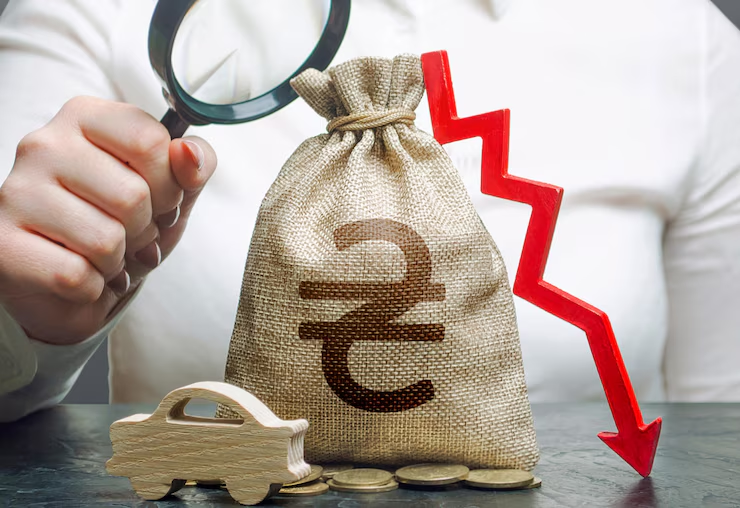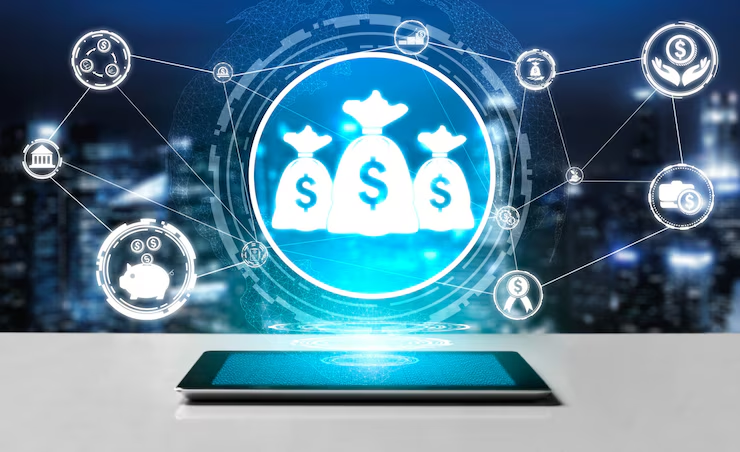Qofib dives deep into the Impact of Inflation on Everyday Spending, a crucial topic affecting households and economies worldwide. Inflation changes how money is valued, influencing every purchase and saving decision. Understanding this impact helps individuals and families adjust their budgets and maintain financial stability despite rising prices.
The Impact of Inflation on Everyday Spending goes beyond just higher costs. It affects consumer confidence, spending habits, and the broader economy. Recognizing these shifts allows consumers to make smarter choices, prioritize essential goods, and plan for future financial security in a dynamic economic environment.
1. What Is Inflation and How Does It Affect Spending?
Inflation represents the rising cost of goods and services over time. When inflation accelerates, the purchasing power of money declines, meaning everyday items cost more. This directly influences consumer behavior as households must allocate more funds toward essentials, potentially reducing discretionary spending.
2. Changes in Household Budgets Due to Inflation
Inflation reshapes household budgets by increasing expenses on food, transportation, utilities, and healthcare. Families often find themselves prioritizing necessities, cutting back on non-essential purchases. This shift can lead to tighter financial management and a focus on cost-saving strategies to balance rising costs.
3. The Role of Wage Growth Amid Inflation
The impact of inflation on everyday spending is heavily influenced by wage growth. When wages rise in step with inflation, consumers maintain their purchasing power. However, stagnant wages paired with rising prices can erode financial comfort, leading to reduced spending and increased saving caution.
4. Inflation’s Effect on Consumer Confidence and Spending Habits
Rising inflation often shakes consumer confidence. Concern over future price increases may prompt consumers to spend less or accelerate purchases of certain goods. This dynamic can create fluctuations in demand, impacting businesses and the broader economy.
5. Strategies to Manage Inflation’s Impact on Spending
Consumers adapt to inflation by seeking discounts, switching brands, or buying in bulk. Budgeting becomes more critical, and many prioritize saving for emergencies. Financial education and awareness help households make informed decisions and protect their financial health during inflationary periods.
6. Long-Term Economic Consequences of Inflation on Consumers
Sustained inflation affects savings, retirement plans, and investment decisions. The Impact of Inflation on Everyday Spending extends to long-term financial goals, requiring consumers to reassess how they allocate resources to safeguard their future amid changing economic conditions.
FAQs:
Q1. How does inflation directly affect my daily expenses?
A: Inflation raises the price of goods and services, which means you pay more for the same items, impacting your daily budget.
Q2. Can wage increases keep up with inflation?
A: Sometimes wages grow alongside inflation, but often wage growth lags, which reduces purchasing power.
Q3. What spending habits change most during inflation?
A: People often reduce discretionary spending and focus more on essential goods and services.
Q4. How can I protect my finances from inflation’s effects?
A: Creating a strict budget, looking for deals, and increasing savings can help manage inflation’s impact.
Q5. Does inflation affect savings and investments?
A: Yes, inflation reduces the real value of savings and can influence investment returns over time.
Conclusion:
Understanding the Impact of Inflation on Everyday Spending is vital for maintaining financial well-being. Qofib provides insights that help consumers navigate rising costs, adjust spending habits, and protect their economic future in an ever-changing market.




